Apply to a foreign university with confidence
- Properly fulfilled documents
- Perfect motivation letter
- Support from a personal mentor
- Offers from several universities
Article score: 4.73 out of 5 (11 reviews)
To study in Korea, it is enough to have a good GPA and know the language — Korean or English. You will also need references and a motivation letter. Read more about the requirements and cost of training.
Free consultation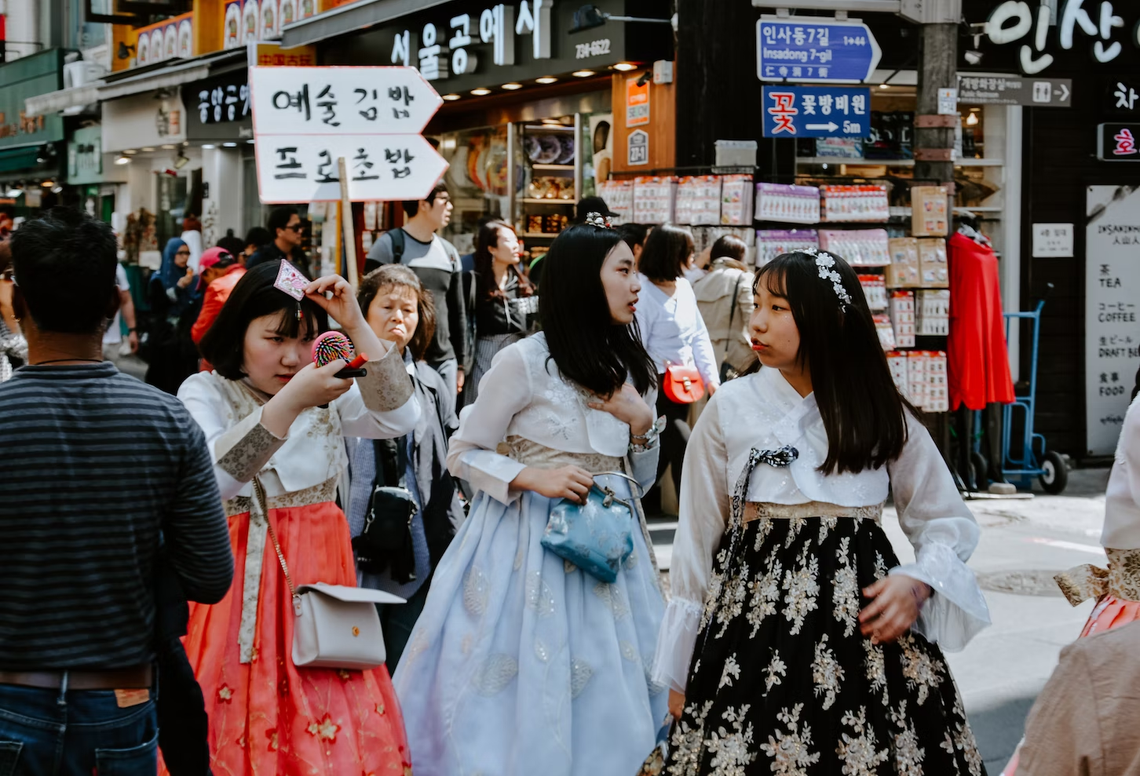
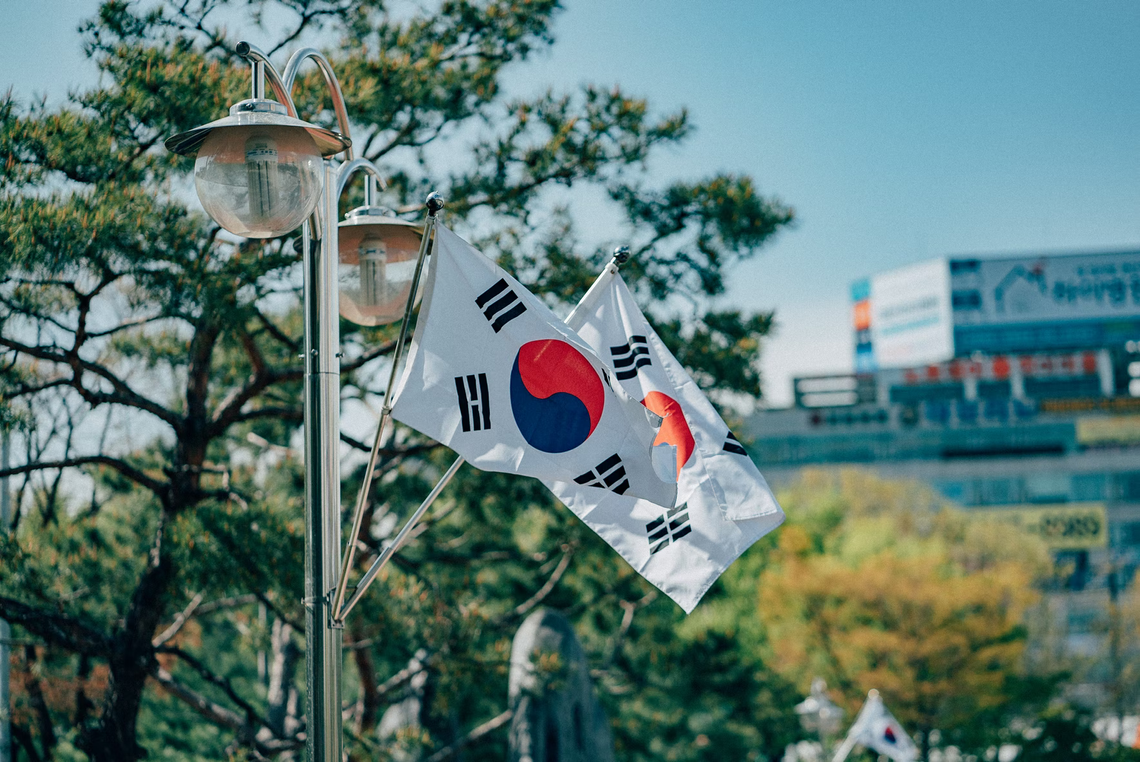
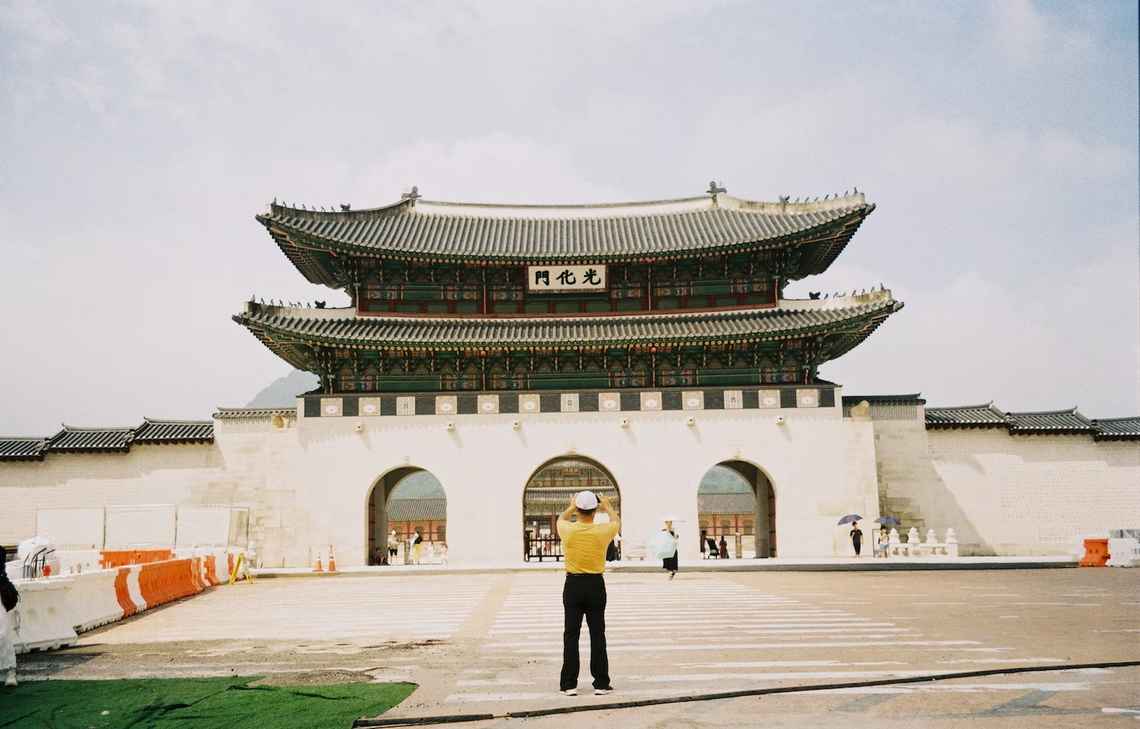
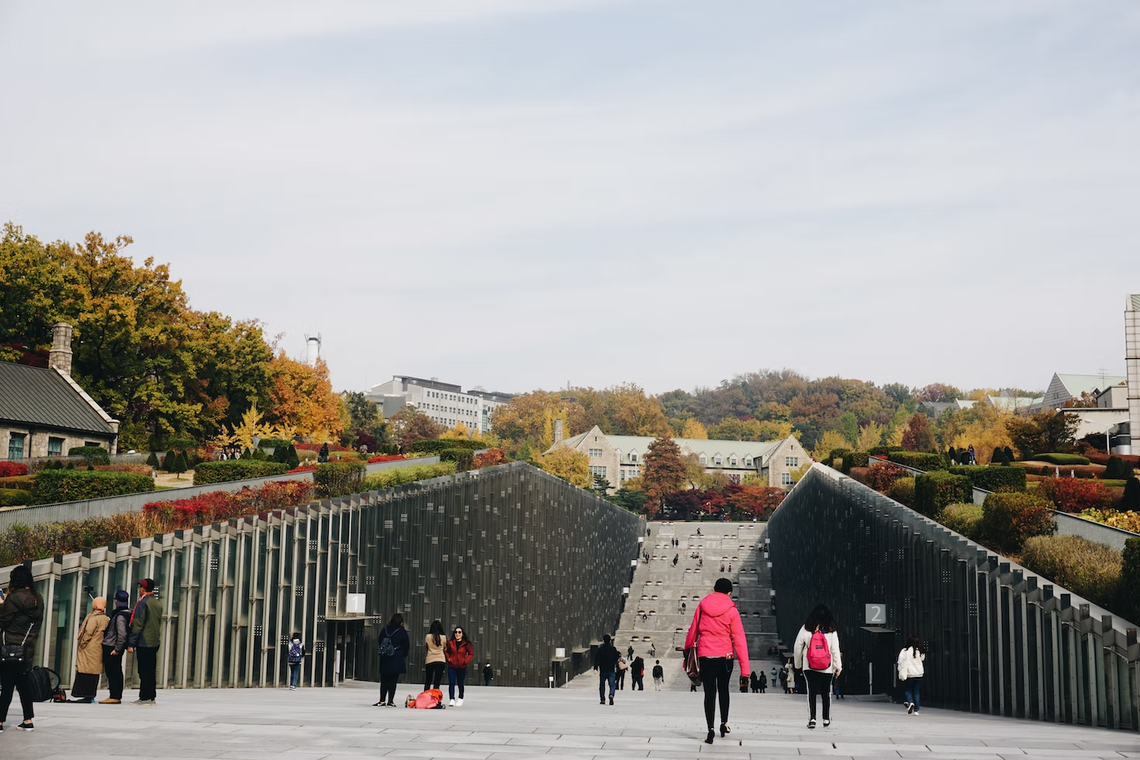

To study in Korea, it is enough to have a good GPA and know the language — Korean or English. You will also need references and a motivation letter. Read more about the requirements and cost of training.
We discuss higher education and universities in Korea in separate articles.
| Type of program | Age | Duration | Min. cost | Avg. cost |
|---|---|---|---|---|
| Language courses | 16+ | 20-40 weeks | 1,191 USD/session | 151 USD/week |
| College | 18+ | 2-3 years | 2,802 USD/year | 6,304 USD/year |
| Bachelor’s | 18+ | 4-6 years | 3,152 USD/year | 10,157 USD/year |
| Master’s | 21+ | 2 years | 3,923 USD/year | 12,608 USD/year |
| Doctorate | 21+ | 3-4 years | 3,642 USD/year | 13,659 USD/year |
| Expenses | Average cost |
|---|---|
| University applications | 74 USD |
| Language exams | 28 USD or 210 USD |
| Flights | 329 USD |
| Accommodation (student residence) | 210 USD/month |
| Accommodation (rental) | 1,751 USD/month |
| Accommodation (boarding house) | 350 USD/month |
| Study materials | 490 USD |
| Internet | 22 USD/month |
| Transportation | 42 USD/month |
| Food | 247 USD/month |
| Medical insurance | 15 USD/month |
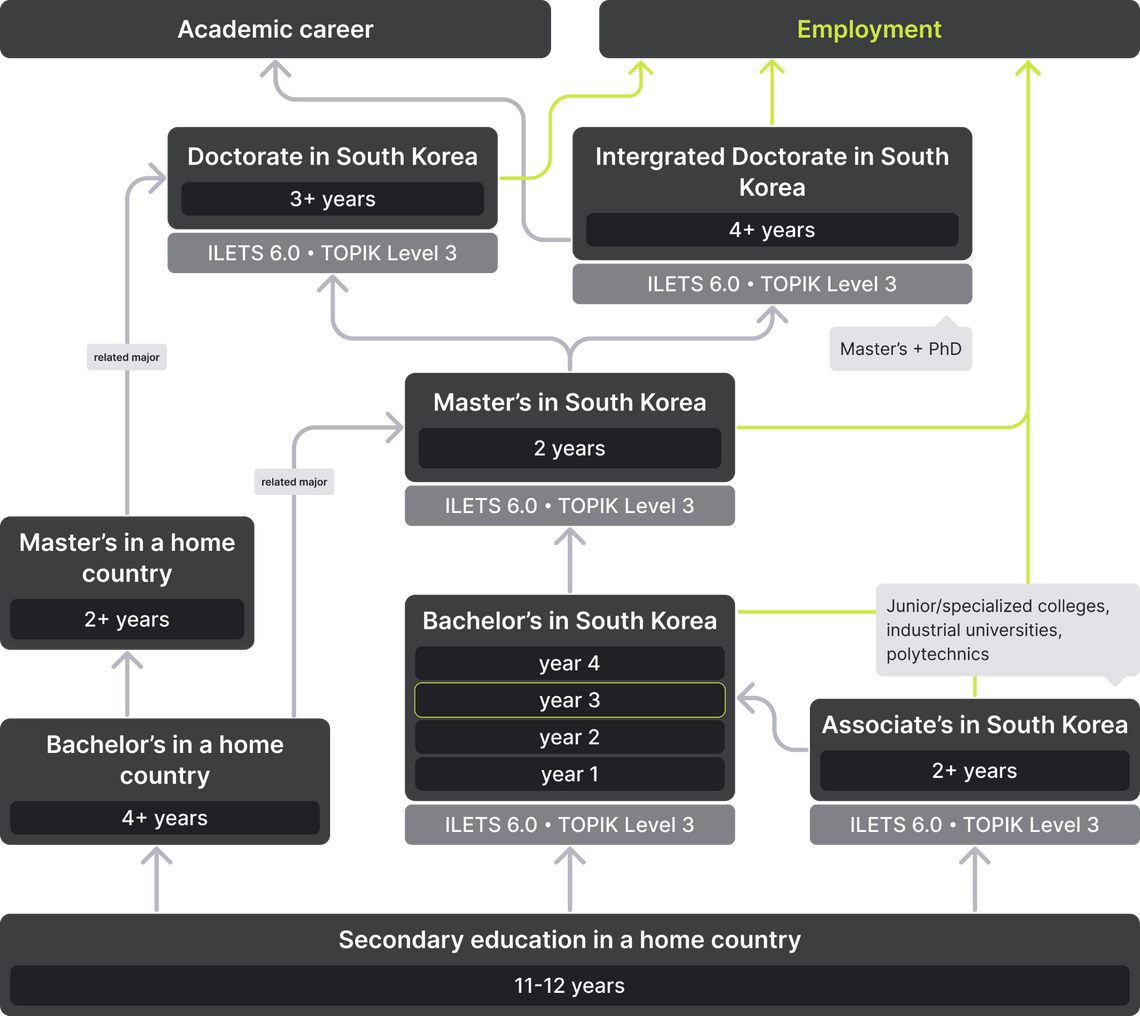

If you have been eyeing Korean education for a long time, then you most likely know about SKY, the top three universities in South Korea. However, we do not recommend applying only to these schools — they are highly competitive, and there are other good universities in the country. To begin the process, you must decide on your purpose for studying and desired field. Of the additional criteria, we recommend paying attention to:
Items 1-6 of 439
Advanced search
You can apply to Korean universities after 11th grade. Your documents must be recognized with an apostille and translated into English or Korean. Universities also require proof of foreign origin. For this, copies of the parents' passports are requested. Other requirements include:
In order for your education to be recognized in a Korean university, it is enough to affix an apostille on the relevant document (school certificate or diploma). This must be done in your country. The procedure takes anywhere from 5 to 30 days.
Recognition by means of an apostille is only available to parties included in the Hague Convention. You can check whether your country is covered on this site.
To pass the apostille procedure, you will need:
You need to apply directly to the university. In the application, specify your personal data, results from language certificates, and information about previous education (grades, number of hours/credits, school name, and address). There are ready-made application forms on the websites of universities. Before submitting, you need to pay a registration fee — 60-100 USD.
Submission deadlines are August-October and February-March. Exact dates should be checked on the websites of universities. Education is divided into two semesters with a break for holidays: summer (July-August) and winter (December-February).
All documents will require translations into the language of the program (English or Korean). In the absence of valid passports of the student and/or his parents, it is necessary to provide copies of other documents indicating citizenship.
After submitting your application, you will have to take an entrance test. The exam schedule is published on the websites of universities in advance. Most often, interviews or tests are conducted to check your language proficiency.

First, fill out an application on the university website and pay the registration fee (60-100 USD), then attach the rest of the documents translated into Korean or English.
At the master's level, a motivation letter (personal statement) for Korean universities is often combined with a study plan. As a rule of thumb, it usually contains a specific list of questions about your education, learning goals, interests, and accomplishments. At prestigious universities, it also includes an essay on a given topic. The study plan should describe the courses you plan to study at the university. Sometimes an introductory part of a planned dissertation is required.
Deadlines for the submission of documents are in August-September/March-April. Upon admission, the average GPA, language proficiency, and motivation letter are evaluated. After checking and evaluating the documents, you will be invited for an interview.
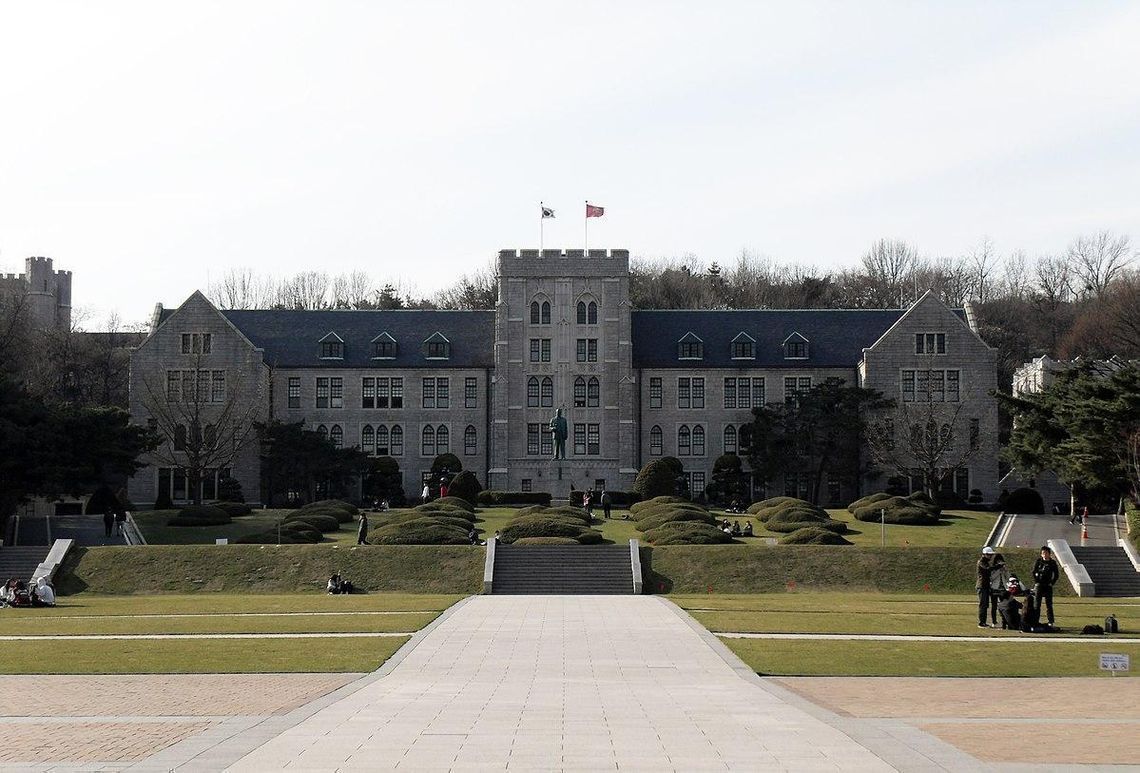
In South Korea, there are two types of doctorate programs:
Upon admission, the following is taken into account:
First, fill out an application on the website of the university. Here, you will need to write a motivation letter and draw up a study plan. Attach language certificates along with the rest of the documents.
At some universities, you need to choose a research topic and form an agreement with a supervisor in advance, even before the interview with the admissions committee.

The largest scholarship is the Global Korea Scholarship (GKS), which is issued by the South Korean government. It fully covers the student's expenses for flights, accommodation, tuition, medical insurance, study materials, and other needs. The program also includes a year of language courses before the start of the main course.
The main selection criteria are: age (up to 25 and 40, respectively) and grade point average. Applications for the GKS are accepted by Korean embassies in the participating countries of the program and universities accredited by the National Institute for International Education.
There is also a scholarship program for self-financed undergraduate students. Students who have studied at a Korean college/university for at least two semesters and demonstrate a level 4 language proficiency according to the TOPIK results can apply[2]. Every year, the Korean government selects 200 students who receive scholarships for 12 months.
Many universities provide a discount of 30-100% of the tuition fee to foreign applicants with a high academic performance[3].
Student visas to Korea can be of two types:
To obtain a D-2 visa, you must prepare the following documents:
The latter may be in the form of a bank statement (no less than 8,326 USD) or proof of a grant/scholarship/third party financial support. The above list of documents is not always final, in some cases additional documents are required.
The D-2 visa is initially issued for up to two years, and is then extended. Engineering students can apply for the D-2-7 category, which allows international students to stay in South Korea after graduation to look for work.
Within 90 days after arrival in the country, the student must visit the regional migration office to receive an Alien Registration Card, the cost of which is 7 USD. Additionally, you will need to purchase insurance (15 USD/month), which provides access to all medical institutions in South Korea.
60+ countries
we work with
$1,000,000 saved
by students through scholarships
6,400 offers
our students got